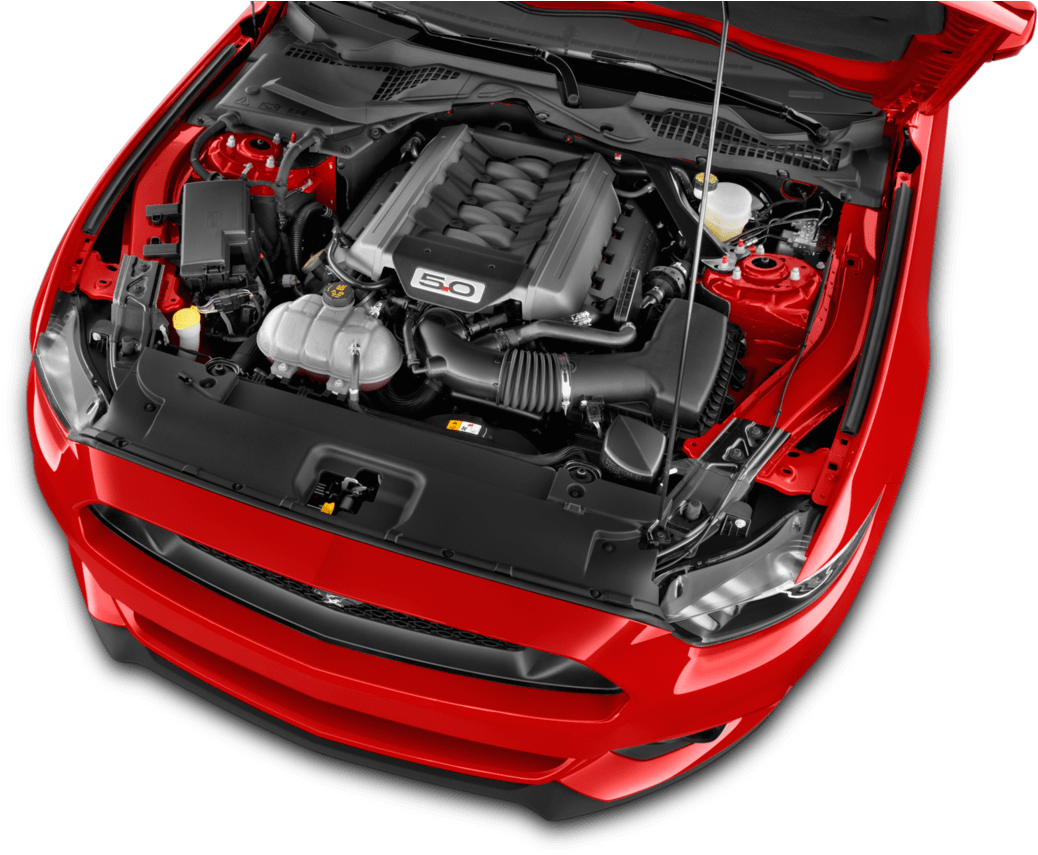Import Engines: Leading Vendors and What to Try to find
Import Engines: Leading Vendors and What to Try to find
Blog Article
A Comprehensive Contrast of Different Kinds Of Import Engines and Their Applications in Numerous Cars
From the efficiency of turbocharged engines to the ecological kindness of electric powertrains, the spectrum of import engines available in today's market caters to a broad range of driving demands and choices. Whether it's the torque of a diesel engine or the unique style of a rotating engine, comprehending the nuances of each type and how they line up with specific automobile needs can considerably influence performance, gas economic situation, and overall driving experience.
Turbocharged Engines
Turbocharged engines, recognized for their ability to boost power result successfully, have become significantly common in contemporary lorry layouts. By making use of exhaust gases to drive a wind turbine that compresses inbound air right into the engine, turbochargers successfully raise the quantity of air and fuel combination that can be ignited, causing enhanced efficiency without dramatically boosting engine dimension. This modern technology permits manufacturers to scale down engines, bring about much better gas efficiency while maintaining power degrees similar to larger, naturally aspirated engines.

Crossbreed Engines
With the innovations in engine modern technology facilitating improved efficiency and performance, the vehicle sector has seen an increase in the assimilation of hybrid engines as a sustainable option for power delivery. Hybrid engines incorporate the advantages of both internal burning engines and electrical motors to provide enhanced fuel effectiveness and minimized emissions. By seamlessly switching between the two power resources or using them all at once, hybrid engines use versatility in various driving problems.

In addition, hybrid technology is not limited to a certain lorry type, with applications varying from portable sedans to bigger SUVs and also high-performance cars. As environmental concerns and gas performance policies come to be increasingly popular, hybrid engines stand for a significant action towards sustainable transportation services.
Electric Engines
Electric engines have actually changed the automobile sector with their reliable and environmentally-friendly power delivery systems. import engines. These engines run by converting electric energy right into mechanical power, providing a smooth and silent driving experience. Unlike standard burning engines, electric engines produce no tailpipe exhausts, reducing the general carbon footprint of automobiles and helping fight air contamination
One of the essential advantages of electric engines is their high power performance, normally transforming over 80% of the electric power right into propulsion. This effectiveness equates right into cost savings for customers through lowered gas expenses. Additionally, electrical engines require much less upkeep contrasted to inner burning engines, as they have less moving parts that can wear out over time.
Electric engines are frequently used in electrical cars (EVs) and hybrid electric automobiles (HEVs) On the other hand, HEVs combine electrical engines with traditional interior combustion engines to enhance fuel efficiency and lower exhausts.
Diesel Motor
Diesel engines are renowned for their extraordinary fuel efficiency and durable performance in a selection of vehicle applications. These engines run by pressing air in the cylinders, which leads to high temperatures that spark the infused gasoline without the demand for stimulate plugs. This burning approach gives diesel motor with higher torque results compared to gas engines, making them excellent for sturdy lorries like trucks, buses, and construction equipment.
One of the key advantages of diesel engines is their superior fuel efficiency, as they can take a trip further on a gallon of gas contrasted to fuel engines. This performance is specifically beneficial for long-haul transportation and commercial fleets, where minimizing fuel prices is a significant factor. In addition, diesel motor are recognized for their longevity and durability, calling for less maintenance over their life expectancy contrasted to gas engines.
In recent times, innovations in diesel motor innovation have actually also concentrated on reducing discharges to fulfill strict environmental laws. Modern diesel motor are equipped with advanced exhausts manage systems, such as diesel particle filters and selective catalytic decrease, which help decrease toxins launched into the atmosphere - import engines. These advancements have made diesel motors cleaner and extra eco-friendly while maintaining their performance and efficiency characteristics
Rotary Engines
Renowned for their distinct style and efficiency characteristics, rotary engines pop over here offer a distinct option to typical combustion engine innovations like diesel engines. These engines, additionally known as Wankel engines, run on a various principle contrasted to Web Site conventional piston engines.

Conclusion
Finally, the contrast of various sorts of import engines highlights the variety of choices readily available for different cars. Turbocharged engines supply raised power and efficiency, crossbreed engines incorporate electric and traditional source of power for enhanced fuel economy, electric engines offer a tidy and sustainable alternative, diesel motor are understood for their toughness and torque, and rotary engines provide a special style with possibility for high performance. Each engine type has its own staminas and applications in the auto industry.
Additionally, hybrid engines contribute to a quieter driving experience and commonly offer a smoother acceleration contrasted to typical interior burning engines.
Popular for their distinct style and performance characteristics, rotary engines provide click here to find out more a distinct option to typical burning engine technologies like diesel engines. These engines, likewise recognized as Wankel engines, operate on a various concept compared to conventional piston engines. Despite these restrictions, rotating engines proceed to draw in manufacturers and fanatics looking for a different engine technology with unique advantages.
Turbocharged engines use enhanced power and performance, hybrid engines combine traditional and electric power resources for enhanced fuel economic climate, electrical engines provide a clean and sustainable alternative, diesel engines are recognized for their sturdiness and torque, and rotating engines provide an one-of-a-kind style with possibility for high performance.
Report this page